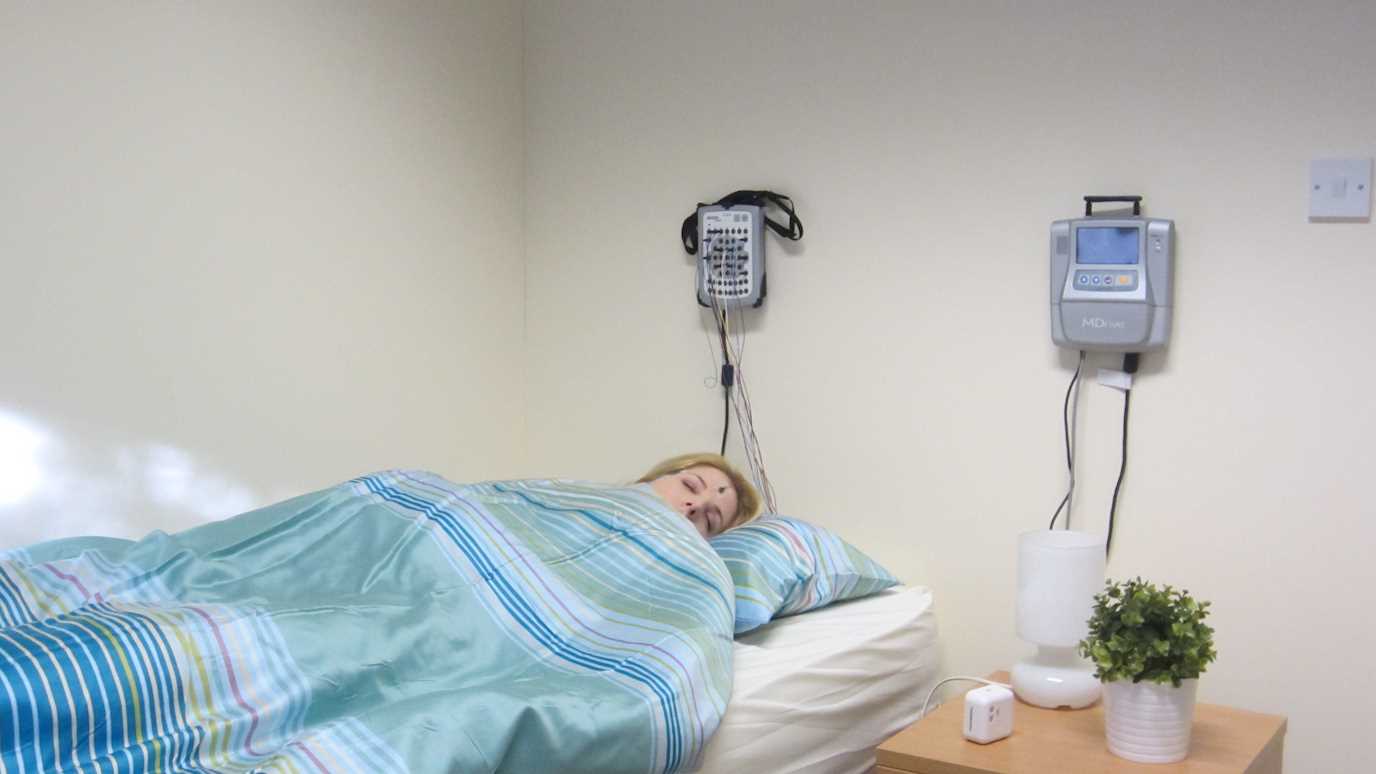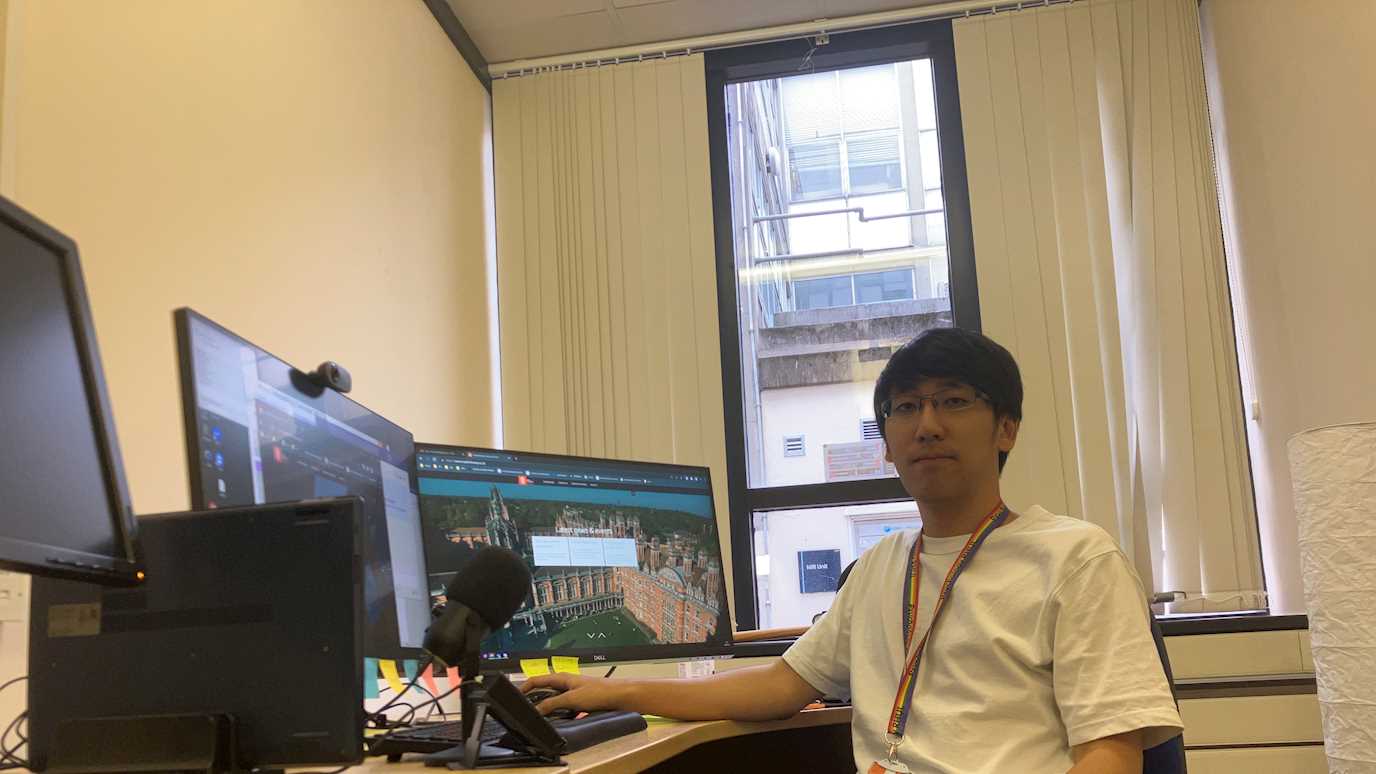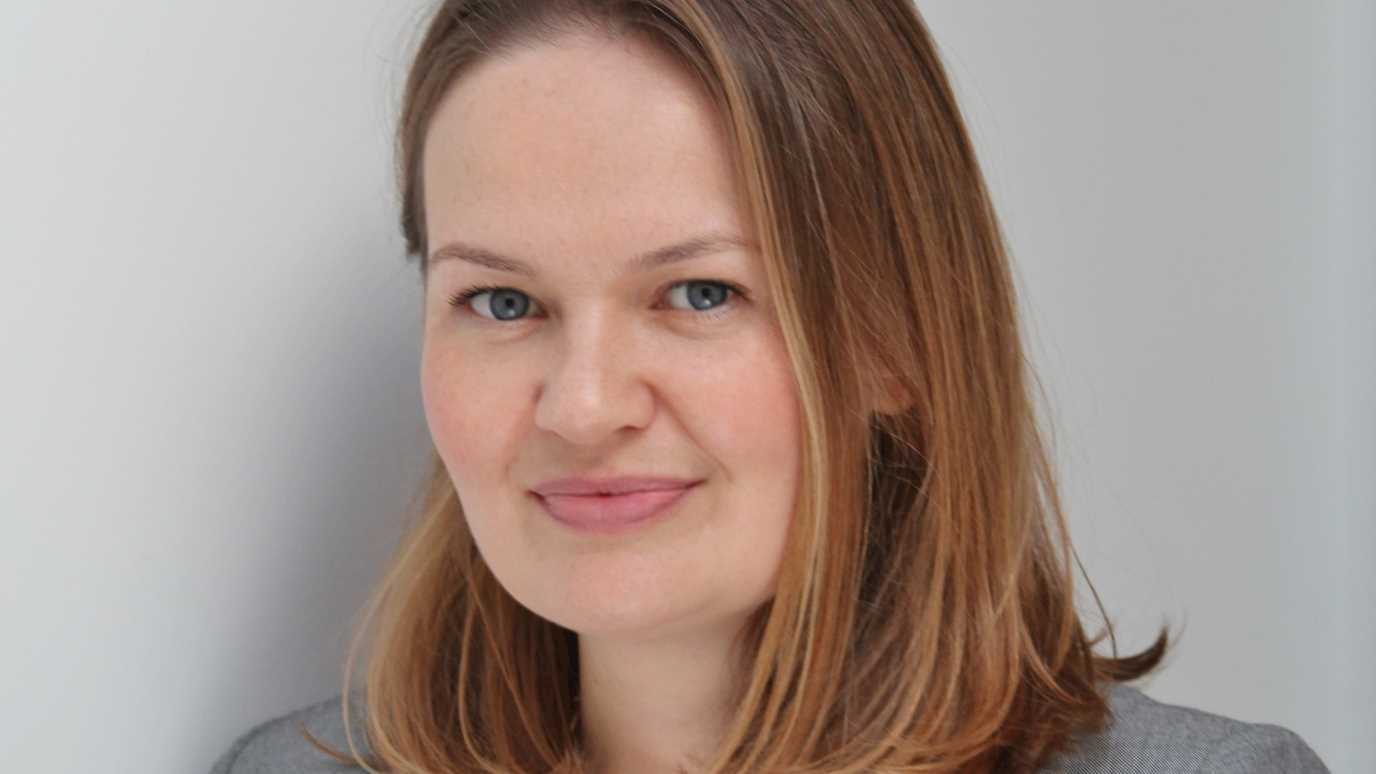A new research project carried out at the Department of Psychology at Royal Holloway, University of London will map adolescents’ changing sleep patterns and find out how these impact on memory and learning.

As children become adolescents, children’s internal clock shifts forward by 2-3 hours. This results in delayed sleep onset in the evening, which combined with early school start times, means adolescents lose 2-3 hours of sleep on school nights. A new research project led by PhD student Jessica Dyson and her supervisors Dr Jakke Tamminen and Dr Jessie Ricketts seeks to uncover the impact of these changes on adolescents’ learning and memory.
The research, funded by The Waterloo Foundation and Royal Holloway, University of London, involves using polysomnography to record electrical brain activity (EEG) in sleeping adolescents both on school nights and non-school nights. A comparison between the two nights will reveal which aspects of sleep (for example deep and shallow forms of sleep) suffer from restricted sleep on school nights, and how this affects learning and memory.
The researchers are currently looking for 13-16 year-old participants to take part in the studies. To find out more about the study or to register your interest in the experiment please contact Jessica Dyson or visit the Psychology department.
Want to learn more about sleep and memory? Read more about sleep and memory, consequences of lack of sleep, and sleep's role in language learning.
























